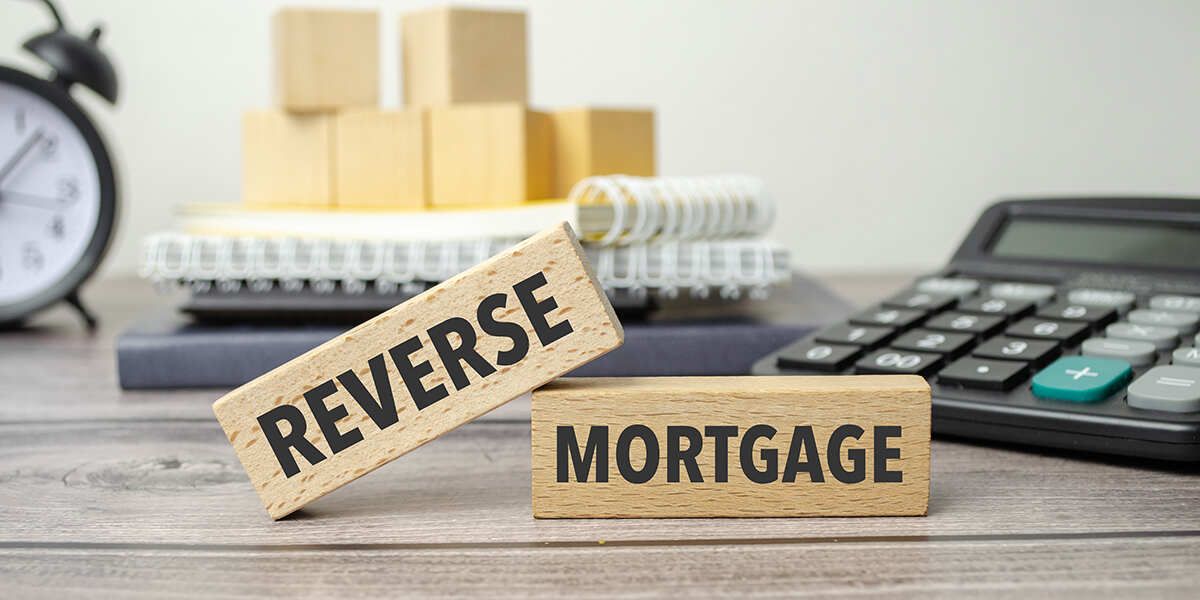FHA vs. Conventional Loans: Which is Right for You in 2026?
Choosing between an FHA loan and a conventional mortgage is one of the most important decisions you’ll make when buying a home. Both programs have distinct advantages depending on your financial situation, credit profile, and long-term homeownership goals. Here’s everything you need to know to make the right choice in 2025.
What’s the Difference?
FHA loans are government-backed mortgages insured by the Federal Housing Administration. They’re designed to help borrowers with lower credit scores or smaller down payments become homeowners.
Conventional loans are not government-insured and follow guidelines set by Fannie Mae and Freddie Mac. They typically require stronger credit and financial qualifications but offer more flexibility and potentially lower long-term costs.
Credit Score Requirements
One of the biggest differentiators between these loan types is the credit score threshold.
FHA loans allow borrowers to qualify with a credit score as low as 580 for a 3.5% down payment. Some lenders may even approve borrowers with scores between 500-579 if they can make a 10% down payment.
Conventional loans typically require a minimum credit score of 620, though most lenders prefer 640 or higher. Borrowers with scores above 740 receive the most favorable interest rates and terms.
If your credit score is below 680, an FHA loan may be your more affordable option due to lower mortgage insurance costs for lower-credit borrowers.
Down Payment Comparison
Both loan types offer low down payment options, but the specifics differ.
FHA loans require just 3.5% down with a 580+ credit score. This amounts to $10,500 on a $300,000 home, making homeownership accessible for first-time buyers with limited savings.
Conventional loans can go as low as 3% down for qualified first-time homebuyers through programs like HomeReady and Home Possible. Standard conventional loans typically require 5% down.
The advantage of putting down 20% or more on a conventional loan is avoiding private mortgage insurance entirely—something that’s impossible with an FHA loan.
Mortgage Insurance: The Critical Factor
This is where the two loan types diverge significantly, and it often determines which option costs less over time.
FHA Mortgage Insurance (MIP)
FHA loans require two types of mortgage insurance:
- Upfront Premium: 1.75% of the loan amount (can be rolled into the loan)
- Annual Premium: Typically 0.55% of the loan amount, paid monthly
The catch? If you put down less than 10%, you’ll pay MIP for the entire life of your loan. With 10% or more down, MIP lasts for 11 years.
On a $300,000 loan, you’d pay approximately $5,250 upfront plus $138 per month in ongoing premiums.
Conventional Private Mortgage Insurance (PMI)
Conventional loans only require PMI when you put down less than 20%. The cost ranges from 0.25% to 2% of the loan amount annually, depending on your credit score and down payment.
The major advantage? PMI automatically cancels when you reach 20% equity in your home through payments or appreciation. You can request cancellation even earlier at 22% equity.
For borrowers with credit scores above 720, conventional PMI is often cheaper than FHA MIP and doesn’t last forever.
Loan Limits for 2025
FHA loan limits for 2025 range from $524,225 in most areas to $1,209,750 in high-cost counties. These limits determine the maximum amount you can borrow.
Conventional loan limits are set at $806,500 for most areas and $1,209,750 in expensive markets. Loans exceeding these amounts are considered jumbo loans with different requirements.
Debt-to-Income Ratio
FHA loans allow debt-to-income ratios up to 43% (sometimes higher with compensating factors), making them more forgiving for borrowers with existing debt obligations.
Conventional loans prefer DTI ratios below 36%, though some lenders accept up to 45% with strong credit and reserves.
Property Standards
FHA loans come with stricter property requirements. Homes must meet FHA minimum property standards for safety and livability, which can complicate purchases of fixer-uppers or properties needing repairs.
Conventional loans have more relaxed property guidelines, giving buyers greater flexibility in their home choices.
Which Loan Should You Choose?
Choose an FHA loan if you:
- Have a credit score below 680
- Can only afford a minimal down payment (3.5%)
- Have higher debt-to-income ratios
- Don’t mind paying mortgage insurance for life (or plan to refinance later)
- Are a first-time homebuyer with limited savings
Choose a conventional loan if you:
- Have a credit score of 720 or higher
- Can afford a down payment of 5% or more
- Want the option to cancel mortgage insurance
- Plan to stay in the home long-term
- Need to purchase a second home or investment property
- Want more flexibility in property type and condition
The Smart Strategy
Many homebuyers start with an FHA loan to get into homeownership quickly, then refinance to a conventional loan once they’ve built 20% equity and improved their credit. This strategy eliminates mortgage insurance and often secures a lower interest rate.
The key is running the numbers for your specific situation. Consider not just the down payment and monthly payment, but the total cost of mortgage insurance over the life of the loan.
Ready to Get Started?
Whether you choose an FHA or conventional loan, the most important step is getting pre-approved to understand your buying power and monthly payment. Our experienced loan officers can analyze your financial situation and recommend the best loan program for your needs.
Contact Altitude Home Loans today to discuss your options and take the first step toward homeownership.








